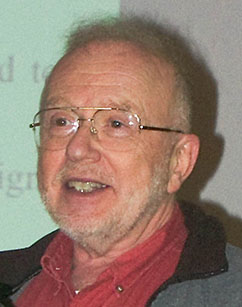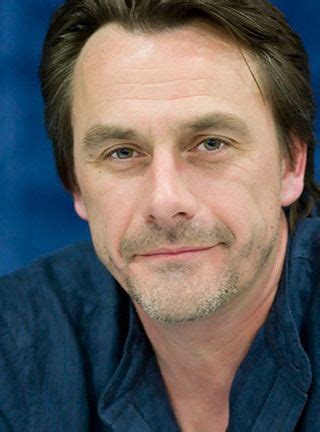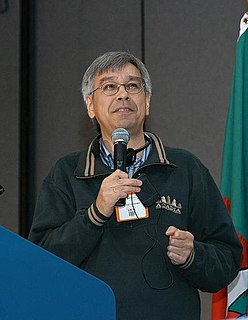A Quote by Marc Andreessen
Related Quotes
I'm not of the opinion that all software will be open source software. There is certain software that fits a niche that is only useful to a particular company or person: for example, the software immediately behind a web site's user interface. But the vast majority of software is actually pretty generic.
In terms of sustainability and what we eat and what its footprint is on the environment and the consequences of eating one thing versus another, obviously it makes a lot of sense to be eating insects. They're incredibly plentiful. They've got a very short turnover rate. You could be eating termites.
With software products, it is usual to find that the software has major `bugs' and does not work reliably for some users... The lay public, familiar with only a few incidents of software failure, may regard them as exceptions caused by exceptionally inept programmers. Those of us who are software professionals know better; the most competent programmers in the world cannot avoid such problems.
We speak of 'software eating the world,' 'the Internet of Things,' and we massify 'data' by declaring it 'Big.' But these concepts remain for the most part abstract. It's hard for many of us to grasp the impact of digital technology on the 'real world' of things like rocks, homes, cars, and trees. We lack a metaphor that hits home.
I named my software 'EMAIL,' (a term never used before in the English language), and I even received the first U.S. Copyright for that software, officially recognizing me as The Inventor of Email, at a time when Copyright was the only way to recognize software inventions, since the U.S. Supreme Court was not recognizing software patents.

































